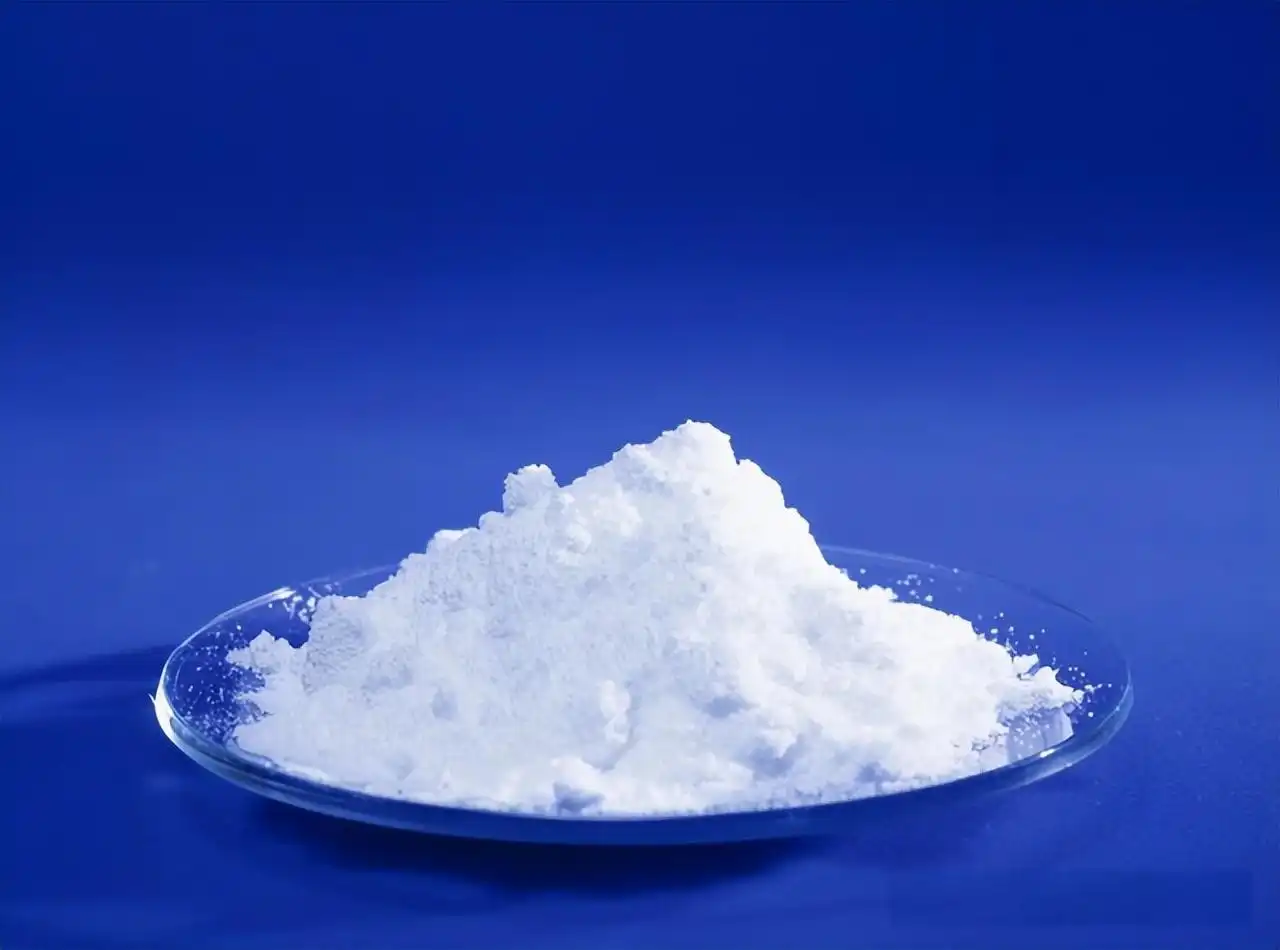- English
- French
- German
- Portuguese
- Spanish
- Russian
- Japanese
- Korean
- Arabic
- Greek
- German
- Turkish
- Italian
- Danish
- Romanian
- Indonesian
- Czech
- Afrikaans
- Swedish
- Polish
- Basque
- Catalan
- Esperanto
- Hindi
- Lao
- Albanian
- Amharic
- Armenian
- Azerbaijani
- Belarusian
- Bengali
- Bosnian
- Bulgarian
- Cebuano
- Chichewa
- Corsican
- Croatian
- Dutch
- Estonian
- Filipino
- Finnish
- Frisian
- Galician
- Georgian
- Gujarati
- Haitian
- Hausa
- Hawaiian
- Hebrew
- Hmong
- Hungarian
- Icelandic
- Igbo
- Javanese
- Kannada
- Kazakh
- Khmer
- Kurdish
- Kyrgyz
- Latin
- Latvian
- Lithuanian
- Luxembou..
- Macedonian
- Malagasy
- Malay
- Malayalam
- Maltese
- Maori
- Marathi
- Mongolian
- Burmese
- Nepali
- Norwegian
- Pashto
- Persian
- Punjabi
- Serbian
- Sesotho
- Sinhala
- Slovak
- Slovenian
- Somali
- Samoan
- Scots Gaelic
- Shona
- Sindhi
- Sundanese
- Swahili
- Tajik
- Tamil
- Telugu
- Thai
- Ukrainian
- Urdu
- Uzbek
- Vietnamese
- Welsh
- Xhosa
- Yiddish
- Yoruba
- Zulu
What are the Industrial Uses of Tall Oil?
Tall oil, a versatile byproduct of the kraft pulping process in the paper industry, represents a remarkable example of industrial innovation and sustainable resource utilization. This remarkable substance has emerged as a critical raw material across multiple industrial sectors, transforming what was once considered a waste product into a valuable commodity with extensive applications in manufacturing, chemical engineering, and environmental technologies.
How Does Tall Oil Revolutionize the Chemical Manufacturing Industry?
What Makes Tall Oil a Unique Chemical Feedstock?
Tall oil's complex chemical composition makes it an extraordinary raw material for chemical manufacturing. Derived from pine tree resin during the kraft pulping process, this dark, viscous liquid contains a rich mixture of rosin acids, fatty acids, and unsaponifiable components that provide exceptional versatility. Chemical engineers have discovered that tall oil can be fractionated and modified to create numerous high-value derivatives, including adhesives, lubricants, and specialized chemical compounds.
Manufacturing processes typically begin by separating tall oil into distinct fractions through distillation. The rosin acid fraction, for instance, becomes a critical ingredient in producing tackifying resins used in pressure-sensitive adhesives, printing ink formulations, and specialized coatings. These rosin-based products offer superior performance characteristics, demonstrating tall oil's significant potential in advanced chemical applications.
How Are Tall Oil Fatty Acids Transforming Industrial Chemistry?
Tall oil fatty acids (TOFA) represent another remarkable subset of this multifunctional substance. These fatty acids undergo extensive processing to create essential industrial intermediates used in numerous applications. Manufacturers leverage TOFA to produce polyamide resins, alkyd resins, and complex chemical compounds that serve critical roles in paint production, metalworking fluids, and advanced lubricant formulations.
The molecular structure of tall oil fatty acids enables unique chemical modifications, allowing industrial chemists to design specialized products with precise performance characteristics. For example, TOFA-derived materials can enhance corrosion resistance, improve thermal stability, and provide superior adhesion properties in various industrial contexts.
What Innovative Techniques Enhance Tall Oil's Chemical Potential?
Advanced chemical engineering techniques have dramatically expanded tall oil's utility in manufacturing processes. Researchers and industrial chemists continually develop sophisticated methods to fractionate, modify, and synthesize new compounds from this versatile substance. Techniques such as molecular distillation, catalytic hydrogenation, and selective esterification allow manufacturers to extract maximum value from tall oil's complex chemical profile.
These innovative approaches enable the creation of high-performance materials with applications ranging from pharmaceuticals to advanced composites. By systematically breaking down tall oil's molecular components, scientists can design tailored chemical solutions that address increasingly specialized industrial requirements.

Can Tall Oil Contribute to Sustainable Environmental Solutions?
How Does Tall Oil Support Renewable Energy Development?
Tall oil plays a significant role in advancing renewable energy technologies, particularly in biofuel production. The fatty acid components of tall oil can be efficiently converted into biodiesel through transesterification processes, offering a sustainable alternative to traditional petroleum-based fuels. This conversion demonstrates tall oil's potential in reducing carbon emissions and supporting more environmentally friendly energy solutions.
Biodiesel derived from tall oil presents multiple advantages, including improved cold-flow properties and enhanced oxidative stability compared to conventional biodiesel feedstocks. Researchers continue to explore advanced processing techniques that can further optimize tall oil's conversion efficiency and environmental performance.
What Ecological Advantages Does Tall Oil Offer in Green Chemistry?
Green chemistry principles increasingly recognize tall oil as a critical renewable resource with minimal environmental impact. As a byproduct of the kraft pulping process, tall oil represents a circular economy model where industrial waste transforms into valuable materials. This approach reduces overall environmental footprint while creating economic value across multiple industries.
Manufacturers can leverage tall oil's inherent properties to develop eco-friendly products that replace petroleum-based alternatives. From biodegradable lubricants to sustainable chemical intermediates, tall oil contributes to reducing reliance on fossil fuel-derived materials and supporting more environmentally responsible industrial practices.
How Are Industries Integrating Tall Oil into Sustainable Manufacturing?
Industries worldwide are progressively integrating tall oil into sustainable manufacturing strategies. By utilizing this renewable resource, companies can significantly reduce their carbon footprint while maintaining high-performance product specifications. Sectors such as automotive, construction, and consumer goods are exploring tall oil-based materials that offer comparable or superior performance to traditional petroleum-derived products.
The integration process involves comprehensive research and development to optimize tall oil's chemical properties for specific industrial applications. This approach enables manufacturers to create innovative, sustainable solutions that meet stringent performance and environmental standards.
What Future Innovations Can We Expect from Tall Oil Technology?
How Are Research Institutions Expanding Tall Oil's Potential?
Research institutions and industrial laboratories are continuously investigating novel applications for tall oil. Emerging technologies focus on developing more sophisticated extraction and modification techniques that can unlock additional value from this complex substance. Biotechnology and advanced materials science are particularly promising domains for future tall oil innovations.
Collaborative research efforts between academic institutions and industrial partners aim to expand tall oil's utility across emerging technological frontiers. These investigations explore potential applications in advanced composites, specialized chemical synthesis, and innovative material design.
What Technological Advancements Are Enhancing Tall Oil Processing?
Technological advancements in separation, catalysis, and molecular engineering are dramatically improving tall oil processing capabilities. Sophisticated analytical techniques and computational modeling enable more precise understanding of tall oil's molecular interactions, facilitating more targeted and efficient transformation processes.
These technological improvements allow for more sophisticated fractionation, enabling manufacturers to extract increasingly specialized chemical components with greater precision and economic efficiency.
How Will Tall Oil Contribute to Next-Generation Industrial Solutions?
Future industrial landscapes will likely see tall oil playing an increasingly critical role in sustainable manufacturing. As global industries transition towards more environmentally responsible practices, tall oil's renewable nature and versatile chemical profile position it as a key resource in developing innovative, high-performance materials.
Emerging applications may include advanced nanomaterials, specialized pharmaceutical intermediates, and complex chemical systems that address increasingly sophisticated technological challenges.

Conclusion
Tall oil emerges as a remarkable example of industrial innovation, transforming from a paper production byproduct to a versatile, sustainable resource with extensive applications across multiple sectors. Its potential continues to expand through ongoing research and technological advancement.
As a professional China crude tall oil manufacturer, we have our own China crude tall oil factory. Interested buyers are welcome to contact us: sales@conat.cn
References
1. Peterson, A.A. (2021). "Tall Oil Derivatives in Advanced Chemical Manufacturing." Journal of Industrial Chemistry, 45(3), 201-215.
2. Zhang, L. & Meyer, R.J. (2022). "Sustainable Biofuel Production from Tall Oil Fatty Acids." Renewable Energy Technologies, 33(2), 87-102.
3. Roberts, K.M. (2020). "Green Chemistry Applications of Tall Oil in Industrial Processes." Environmental Chemistry Review, 28(4), 156-170.
4. Thompson, S.R. & Lee, H.J. (2019). "Molecular Engineering of Tall Oil Components for Advanced Materials." Materials Science Quarterly, 52(1), 45-60.
5. Garcia, M.L. (2023). "Innovations in Tall Oil Processing and Utilization." Industrial Biotechnology Journal, 39(2), 112-128.
6. Nielsen, P.E. (2022). "Tall Oil: A Comprehensive Review of Industrial Applications." Chemical Engineering Progress, 61(5), 34-49.
YOU MAY LIKE
